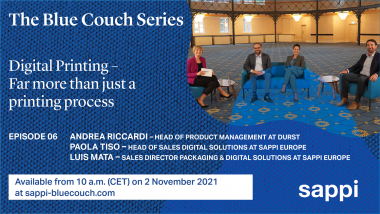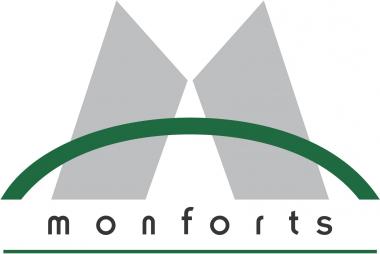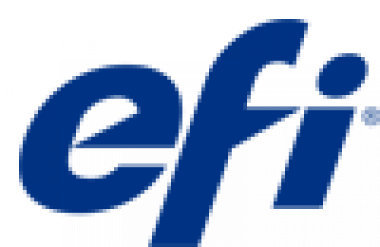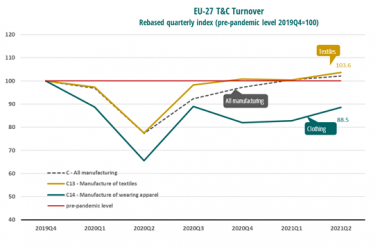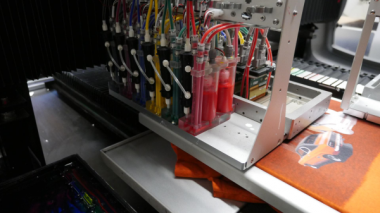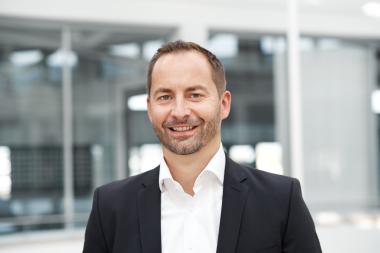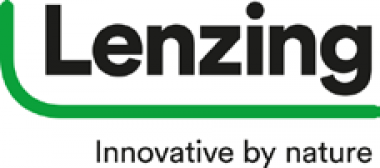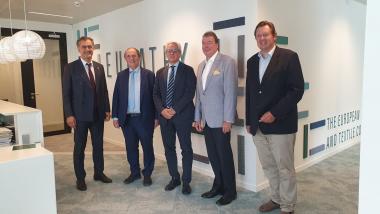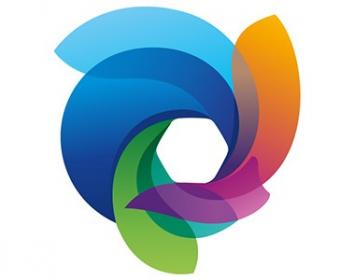Montalvo names new North America Director of Sales & Service
Montalvo, international specialists in web tension control, has promoted Russ Hall to North America Director of Sales & Service. Mr. Hall’s primary responsibilities are overseeing Montalvo’s North America sales team by building, managing, and maintaining new business strategies. In addition, Mr. Hall will be developing relationships with our existing and new industry partners.
Mr. Hall holds an undergraduate degree in Biomedical Technology and a graduate degree in NGO Leadership & Development. Over the last 30 years, Mr. Hall has held service, sales, and management positions with multiple technology companies. Mr. Hall joined the Montalvo technical and sales team two years ago.
Montalvo Corporation










